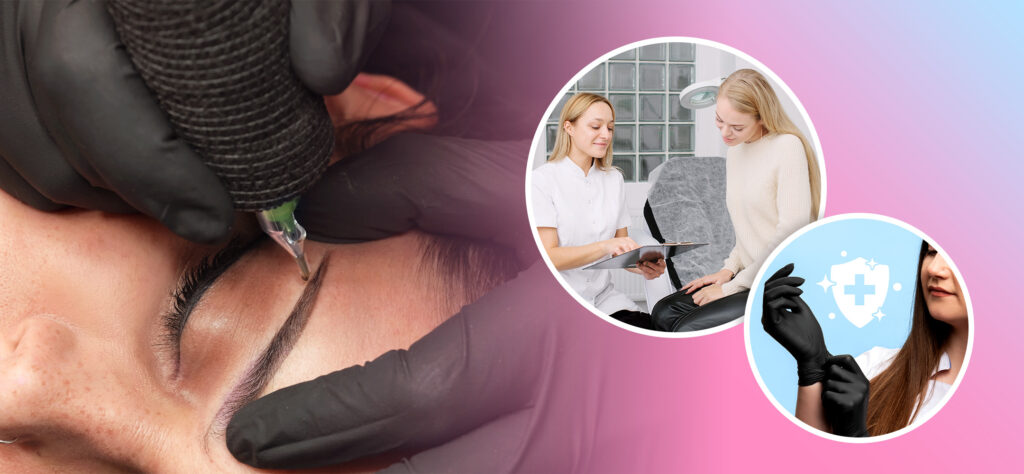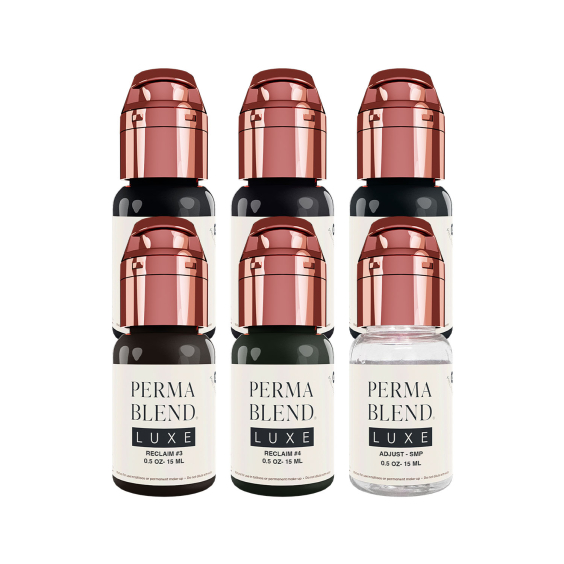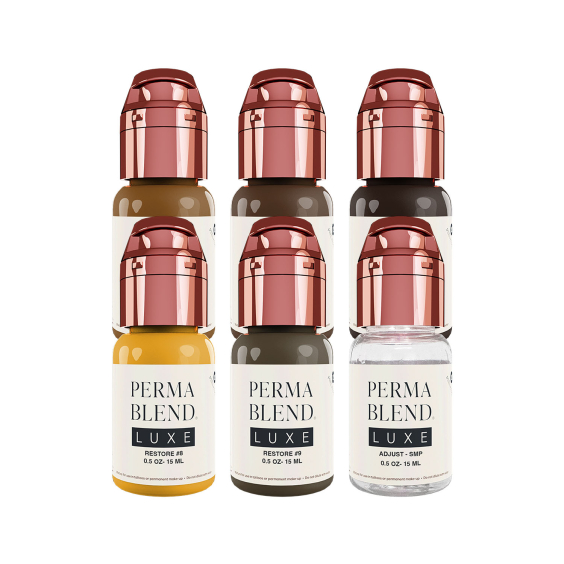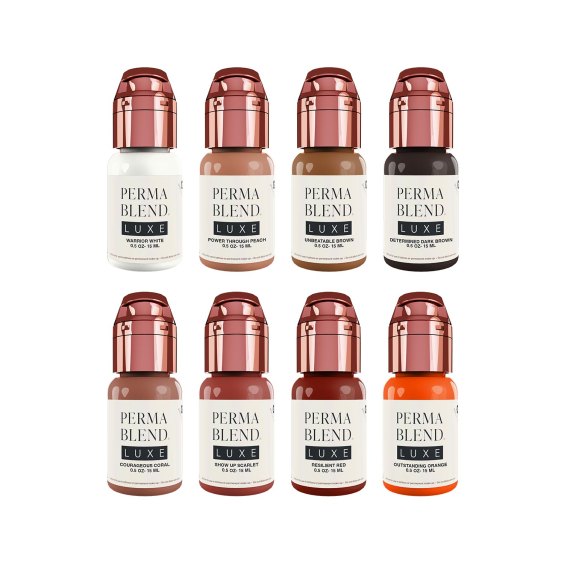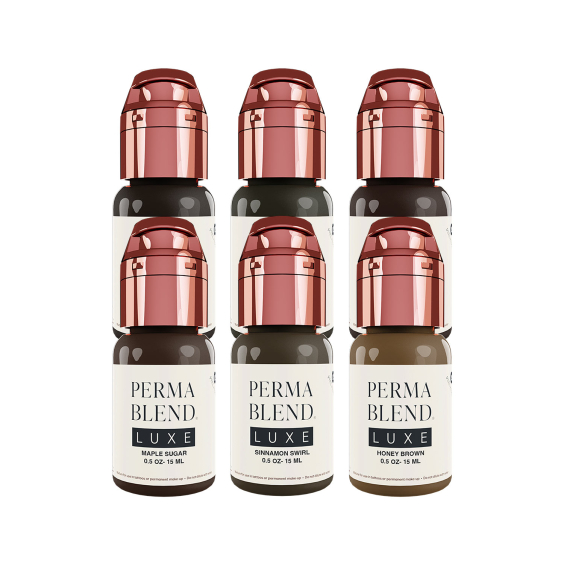Ethical Considerations in PMU
As a permanent makeup artist, it’s important to consider the ethical responsibilities you have to your clients. You’re not only aiming to provide your clients with flawless results that they’ll love but also taking responsibility for their well-being throughout the process. From hygiene practices to informed consent, ensuring client safety encompasses many factors.
In this blog, we’ll explore why prioritising client well-being and safety is essential in PMU, the potential risks of neglecting ethical considerations, and the best practices every artist should follow to create a safe and positive experience for their clients.
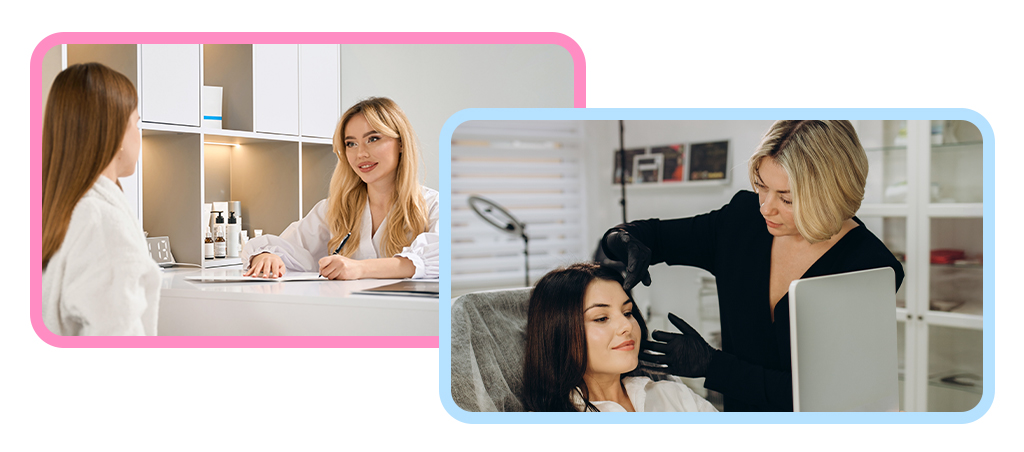
Importance of Ensuring Client Well-being and Safety
When it comes to permanent makeup, client well-being and safety should always be at the heart of every treatment. By doing so, you can:
- Protect clients from infections and complications. Following strict hygiene protocols minimises the risk of infections, allergic reactions, and other health issues.
- Build trust and professionalism. When you prioritise your clients' safety and well-being, it reflects your integrity as an artist. This not only builds trust but also positions you as a responsible and reputable professional within the PMU community.
- Ensure you meet your ethical responsibility. Upholding your ethical responsibilities reinforces your integrity as an artist, helping you feel more confident in your work, attract like-minded clients, and build a career you can be proud of.
- Enhance treatment results and longevity. When clients get PMU treatments in a safe, hygienic environment and follow proper aftercare, their results are more likely to heal better and last longer.
- Encourage industry standards and professionalism. Maintaining high safety standards contributes to the credibility of the PMU industry as a whole, ensuring it remains a trusted and respected profession.
Prioritising the safety of your clients doesn’t just protect their health; it also builds trust, supports ethical practice, and contributes to the long-term success of your work and the industry as a whole.
What Are the Ethical Responsibilities of PMU Artists?
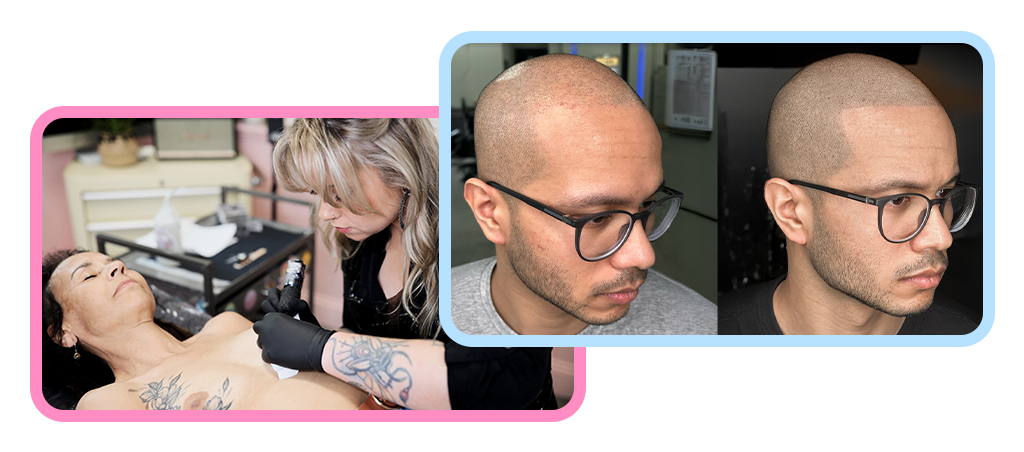
When it comes to permanent makeup, ethics go far beyond artistry—they’re at the heart of building trust, maintaining professionalism, and delivering safe, inclusive treatments.
As a PMU artist, your responsibilities don’t end with technical skill. From gaining informed consent to practicing hygiene and promoting beauty inclusivity, every part of your service should reflect a deep respect for client well-being and industry integrity. Here are some of the key ethical considerations all PMU artists should be aware of, and how they can help you grow a responsible, client-focused business.
Informed Consent
Clients should always be fully aware of the procedure, potential risks, and healing process before undergoing a PMU treatment. By offering a full consultation process, you can discuss what will be involved in the treatment, suitability, and any medical conditions that might affect healing as well as manage client expectations. This is also the time to assess skin type, discuss colour choices, and explain aftercare requirements.
A good consultation helps build trust and ensures the client is making an informed decision. Allow clients to ask questions and ensure they feel comfortable and confident before proceeding and make sure to provide clear, written consent forms that outline everything from pigment retention expectations to possible side effects.
Having Proper Licensing and Insurance
Ensuring you have the necessary licenses, certifications, and insurance is important to protect both yourself and your clients.
Operating without proper credentials is not only unethical but also illegal in many areas, so staying compliant with local health and safety regulations demonstrates professionalism and commitment to client safety.
Maintaining High Hygiene Standards
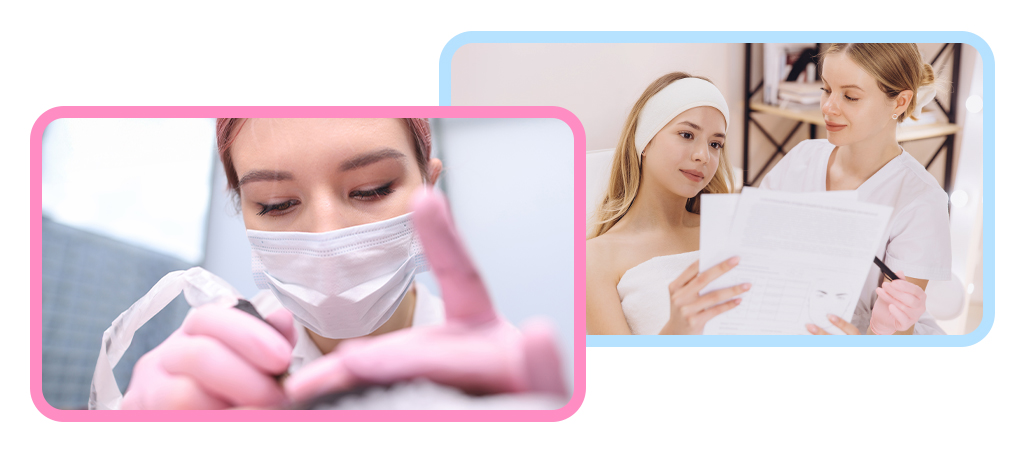
Hygiene is one of the most critical ethical responsibilities in PMU. Maintaining hygiene practices in PMU is essential to ensure client safety and prevent infections.
Use disposable tools like needles, gloves, and pigment cups, and properly sterilise reusable equipment. A clean workspace should be sanitised before and after each procedure, and artists should wear protective gear like gloves and masks. These practices can help create a safe environment and build trust with clients.
Prioritising Client Education
Ethical PMU artists don’t just perform procedures—they educate clients on what to expect before, during, and after their treatment. This is partially done with the consultation process, but it’s important to keep the line of communication between you and your clients open before, during, and after the procedure.
For example, providing clear aftercare instructions and ensuring clients understand how to care for their PMU can help achieve the best healed results. You should also be honest about realistic expectations, healing timelines, and the need for potential touch-ups.
Investing in Your Education
PMU techniques and industry standards are constantly evolving, so continuous education is essential. Some ways you can continue to invest in your education is to attend training courses, stay updated on regulations, and practice and refine your skills to ensure you are offering safe and high-quality treatments. Ongoing education helps you maintain ethical standards and provide the best possible service to your clients.
Beauty Inclusivity
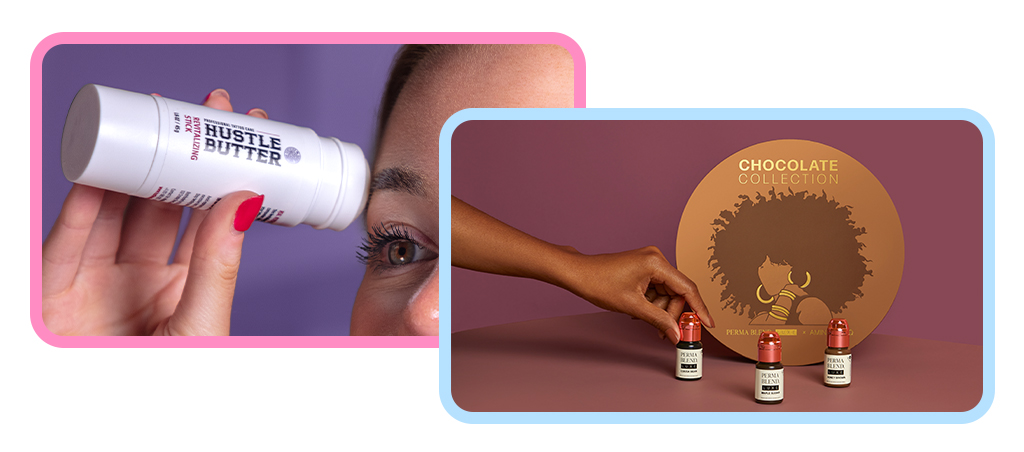
Permanent makeup has grown further than its aesthetic roots and by prioritising beauty inclusivity, you can have the ability to expand your client base but also ensure that everyone feels valued, seen, and confident in their own skin. Here are some ways you can build an inclusive permanent makeup brand:
- Understanding different skin tones. Skin heals differently with PMU, so it's essential to have experience working with a variety of skin tones on the Fitzpatrick scale, and that you’re selecting pigments that complement the unique complexion of your client.
For example, The Chocolate Collection by Perma Blend LUXE and Amina Sadiq has been designed to help artists create flawless results when working on clients with melanin-rich skin.
- Being aware of the role gender plays in permanent makeup treatments. For example, Tanya Buxton founded the Mastectomy Tattooing Alliance (MTA) to help support the breast cancer, BRCA, and transgender/non-binary communities in their healing journey following mastectomy, reconstruction, or gender affirming surgeries.
There are also more and more products that support artists in offering treatments such as areola and scalp-micropigmentation, including Vicky Martin’s Unstoppable Areola Set and Stevey G’s Reclaim and Restore Set, both in collaboration with Perma Blend LUXE.
- Education is power. Stay informed on best practices for working with different skin types, ages, and genders by attending training courses and learning from other inclusive PMU artists.
- An environment of acceptance. Ensure that your studio is a safe and welcoming space for all clients, including those from underrepresented communities.
- Grow your network of inclusivity: Build relationships with other artists across all communities, and remember, education is power, and connections are one of the biggest tools for this.
Ethical responsibility in PMU goes beyond technical skill—it’s about prioritising client safety, trust, and well-being. By ensuring informed consent, maintaining high hygiene standards, and continually investing in your education, you can provide the best possible experience for your clients.
Upholding these ethical standards not only protects your reputation but also contributes to the overall professionalism of the PMU industry. When ethics are at the heart of your practice, both you and your clients can feel confident in every procedure.
